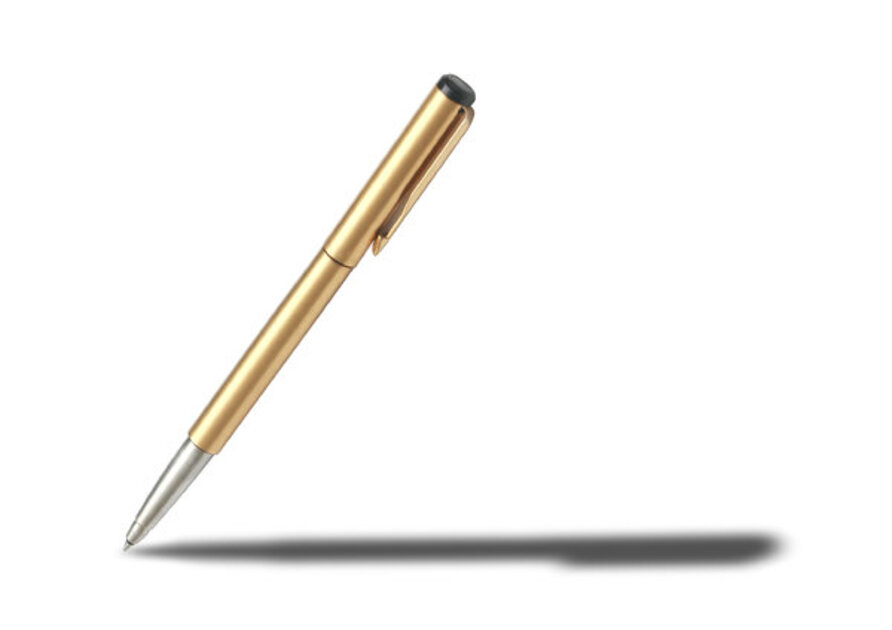
Our Gemara on Amud Aleph tells us that Moshe became wealthy from the remaining material that was hewn from the Luchos. (Presumably the stone was exceedingly valuable and he sold them as gems.) Ben Yehoyada says that it is ridiculous to take this Aggadah at face value, as even if it mattered to Moshe to be wealthy, why in the world would he commercialize something as special as a stone or gem-like material from God, even if it were leftovers.
I would like to offer my own answer to explain this Aggadah. It is important to note that this Aggadah is within a context of a few other discussions, namely that Torah should be taught for free, as Hashem gave it to Moshe for free. Also the Gemara lists a number of “Keri” and “Kesivs” in the Torah, that is words in the Torah that are spelled one way but read differently according to an oral tradition. Lastly, the Gemara also says that originally the Torah was for Moshe and his descendants and he gave it generously to the Jewish people.
What may we imagine is metaphorically represented by leftover stone from the carvings? When you think about it, the actual letters of the luchos are formed by the gaps, it’s like a stencil. In fact, the Gemara (Shabbos 104a) tells us the inside of the end letters Mem and Samakh of the luchos miraculously levitated in the center. If so, the REAL writing was the hewn out stone. I believe the symbolic point is that Moshe’s “wealth”, i.e., what made him noble, was that he achieved an understanding of the Torah which was implicit and in-between the lines. This is the Torah that belonged to him exclusively unless he would generously give it to others. It must be free because it is an intangible that no matter how much you try to buy it, since it is the deeper implicit truth, it can only be acquired via insight and deep thinking. Just as the Torah has a keri and a kesiv, words that are written one way but pronounced differently, so too on a broader level this is a binyan av, to teach us that to really understand Torah you must be able to read between the lines.
Translations Courtesy of Sefaria, except when, sometimes, I disagree with the translation ![]()
Do you like what you see? Please subscribe and also forward any articles you enjoy to your friends, (enemies too, why not?)
 Previous
Previous

